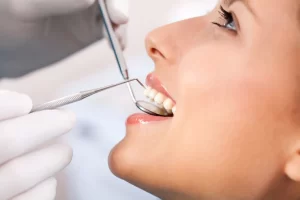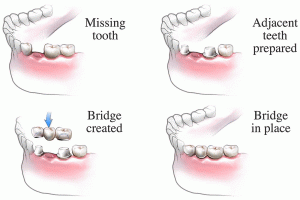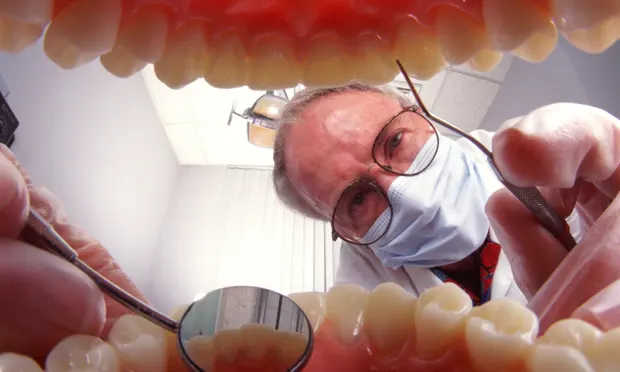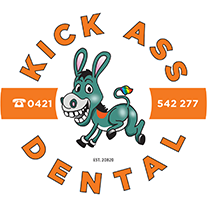Can I Go to a GP for a Dental Problem?
Introduction
When experiencing a dental problem, it can be tempting to make an appointment with your general practitioner (GP) instead of a dentist. However, it’s important to understand the differences between the two medical professionals and their areas of expertise.
What is a GP?
A GP is a medical doctor who is trained to provide general medical care. They are the first point of contact for many patients seeking medical advice, and they can diagnose and treat a wide range of conditions, including infections, injuries, and chronic illnesses.

What is a Dentist?
A dentist, on the other hand, is a medical professional who specializes in oral health. They focus on the diagnosis, prevention, and treatment of conditions that affect the teeth, gums, and mouth. Dentists are also trained to perform procedures such as fillings, root canals, and tooth extractions.
Can a GP Treat Dental Problems?
While a GP may be able to provide some basic dental advice, they are not experts in the field of dentistry. Therefore, they may not be equipped to provide the best possible treatment for dental problems.
For example, if you are experiencing tooth pain, a GP may prescribe painkillers or antibiotics to alleviate the symptoms. However, they may not be able to identify the underlying cause of the pain, which could be a cavity or infection that requires specific dental treatment.

When Should You See a Dentist?
It is recommended that you see a dentist for regular check-ups and cleanings at least twice a year. However, you should also make an appointment with a dentist if you experience any of the following symptoms:
- Tooth pain or sensitivity
- Bleeding gums
- Loose or missing teeth
- Chronic bad breath
- Swelling or lumps in the mouth
If you experience any of these symptoms, it is important to seek dental treatment as soon as possible. Delaying treatment can lead to more serious dental problems and may even require more invasive procedures.
What Happens When You Visit a Dentist?
When you visit a dentist for a dental problem, they will first examine your mouth to identify the problem. They may take x-rays or perform other tests to get a better look at the affected area.
Once they have identified the problem, they will recommend a course of treatment. This may involve procedures such as fillings, root canals, or extractions. In some cases, they may also refer you to a specialist for more specialized treatment.
Conclusion
While a GP may be able to provide some basic dental advice, it is always recommended that you see a dentist for any dental problems. Dentists are trained experts in the field of oral health and can provide the best possible treatment for your dental problems. By seeking prompt dental treatment, you can ensure that your teeth and gums remain healthy and strong for years to come. https://kickassdental.com.au/about-us/





